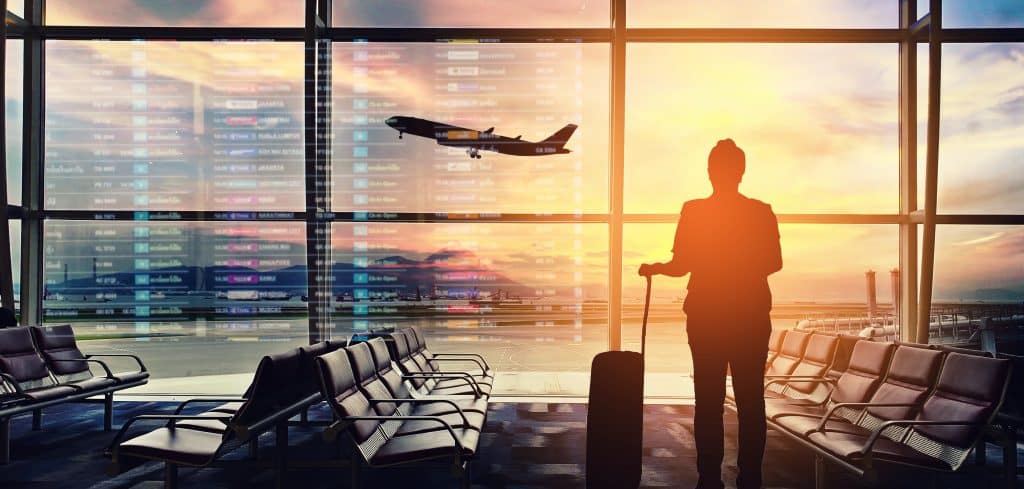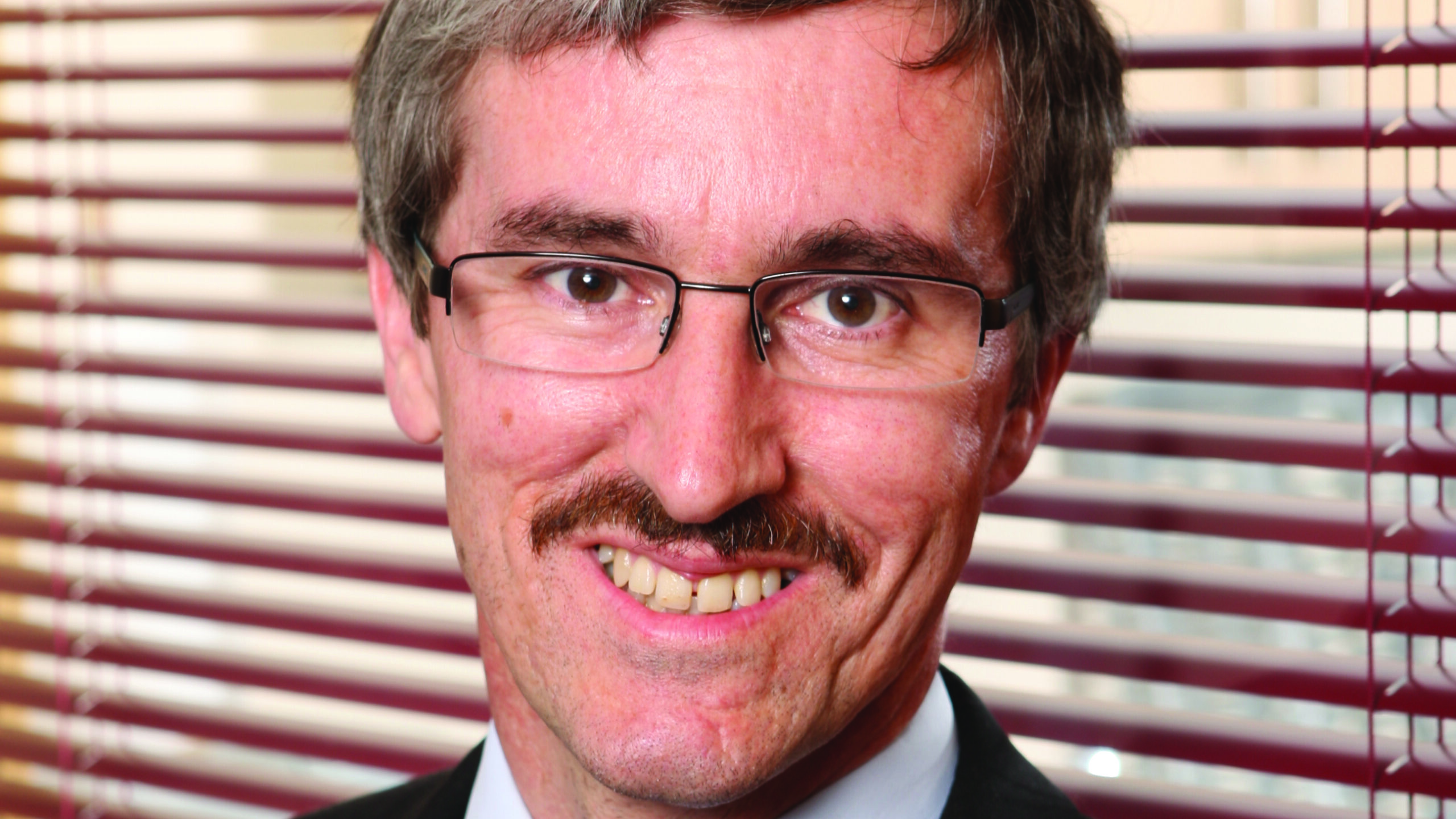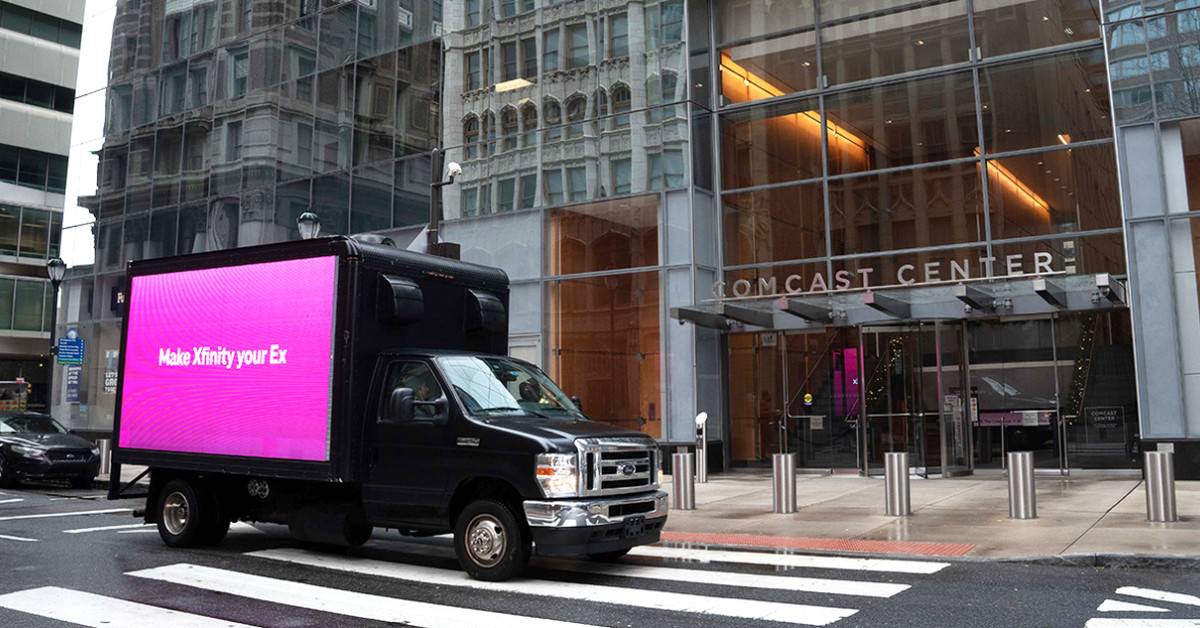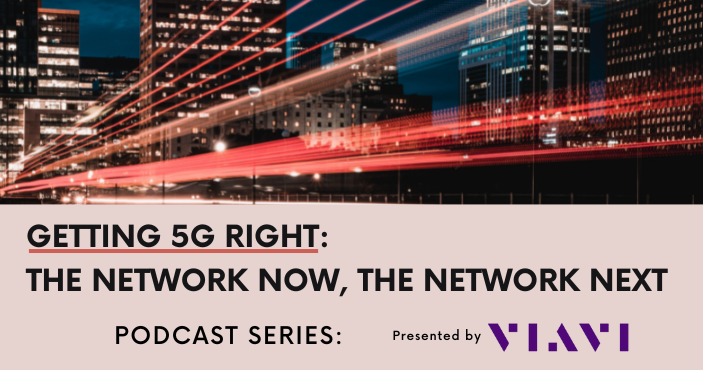2.9 billion people have no internet, mainly marginalized women
The need for reliable communications services has never been more urgent, with a pandemic and the ongoing Russia—Ukraine conflict clearly highlighting the importance of telecoms infrastructure in keeping societies, governments, businesses and individuals connected properly. Specifically, in humanitarian disasters, conflicts and war zones.
Data released last year from the International Telecommunication Union (ITU), the United Nations’ agency for information and communication technologies, clearly showcased the global growth in internet use. In 2021, the estimated number of people who used the internet surged to 4.9 billion, up from an estimated 4.1 billion in 2019.
This connectivity boost was driven by people’s essential needs, which include access to health care, government services, medical diagnostics, education, daily news, e-commerce and online banking.
In spite of progress with increasing access to the internet and mobile services, more than a third of the world’s population and many businesses globally remain disconnected and left behind. Of almost 3 billion still offline, an estimated 96 percent live in developing countries. These people are overwhelmingly located in the least-developed, landlocked-developing, and small-island developing countries, where currently fewer than 25 percent of individuals have internet.
Women are particularly marginalized, with roughly four out of every five still offline in the least-developed countries.
Women are particularly marginalized, with roughly four out of every five still offline in the least-developed countries.
Barriers to mobile and internet connectivity include network availability, affordability of devices and services, and lack of understanding of the benefits of an online connection. All this is exacerbated by the lack of local-language content and barriers to entry for those without literacy and numeracy skills.
While the number of people online has increased, hundreds of millions of them may only be able to use the internet infrequently due to issues such as having to share devices, poor connection speeds, and internet outages. These limitations can severely impact how productive their time online is, making the connectivity gap even bigger than the official figures seem to indicate. Many of those who are digitally excluded face limited access to education and lifelong poverty.
Basic communication services and broadband have become a modern-day necessity, much like shelter, food, clean water and electricity. More than ever before, access to the internet has become a fundamental human right.
A decade ago, Finland declared broadband a legal right. Similarly, through its Sustainable Development Goals issued in 2011, the U.N. pointed toward the same global need in its focus on closing the digital and connectivity divide, while advocating for universal broadband access.
Additionally, factors such as climate change, urbanization, and population growth are causing an increasing number of communities around the world to become more vulnerable to natural hazards that pose risks to people and livelihoods, as well as critical ICT infrastructure.
Many of those who are digitally excluded face limited access to education and lifelong poverty.
With the increasing number of emergencies, resilient telecommunication technologies are an essential vehicle for disaster management and risk-reduction activities, as well as humanitarian and conflict zones more broadly.
Even though the world economy is turned upside down by current geopolitical situations, the importance of telecommunications is acknowledged in reports by the ITU and UNESCO, which highlight the requirement for broadband to realize the U.N. Sustainable Development Goals adopted in 2015. We also have a moral obligation to support societies that find themselves in difficult situations.
Telecommunications contributes significantly to developing countries’ capacity to distribute vaccines, combat poverty and mitigate the effects of climate change. However, such efforts require risk-informed investments in far-reaching geographies, as well as in R&D, mergers and acquisitions, and network infrastructure. The industry needs to be everywhere, across business-to-consumer, business-to-business and the internet of things. Fiber, 5G broadband, and urban as well as rural cell connectivity are vital for our future.
Even though the power to be connected remains a huge privilege, governments and business have the responsibility to work together to achieve the goal of worldwide internet access.
Azmi T. Mikati is CEO of the global telecommunications firm, M1 Group.



